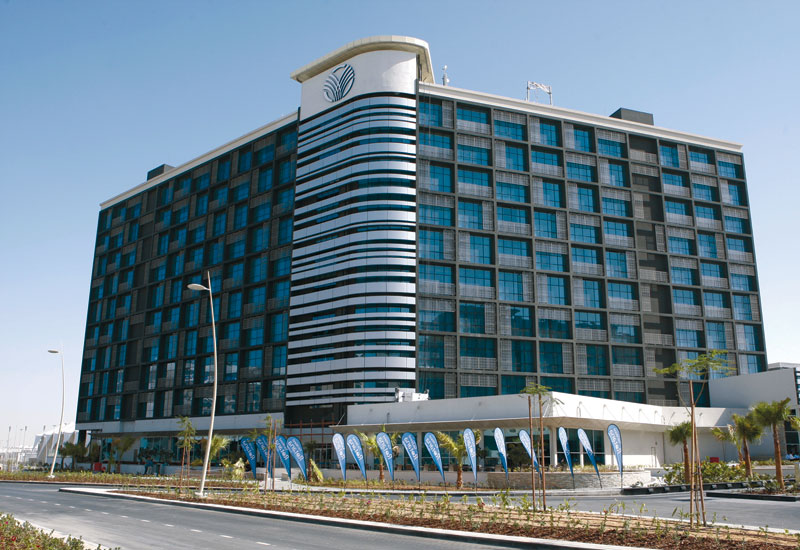 Rotana was taken by surprise when hundreds of hungry fans descended on its F&B outlets during the F1 event.
Rotana was taken by surprise when hundreds of hungry fans descended on its F&B outlets during the F1 event.
Rare relationships
This rare situation also meant the hotel management developed a unique relationship to the point where they borrowed items from one another.
“The fact that seven hotels have opened at the same time, in the same place, by three different hotel groups and one owner is unique in itself and presents lots of opportunities for a consolidated effort in creating a destination,” says Franke.
Going forward, Franke expects the hotels’ relationship to be a key driver of their success: “Each of the hotel’s products has been designed to complement each other. It’s in everyone’s interest to raise awareness of Yas Island and jointly build a destination that has so much to offer. Hence, we all work very closely together,” he says.

Advertisement
Driving demand
But what does Yas Island offer that can justify adding 2260 hotel rooms — plus more than 13 additional hotels planned in later phases of the development — to Abu Dhabi’s expanding hotel market? After all, the capital began 2009 with just 13,000 hotel rooms. It now has 18,300 and anticipates hitting the 25,000 mark by the end of 2012.
“The growth in the number of hotel rooms will match the expected growth in visitors to Abu Dhabi over the next few years as it develops into a cultural, leisure and business destination,” asserts Franke.
Similarly, Bell points out that Abu Dhabi has one of the strongest hotel markets in the world and he is backed up by Deloitte global managing partner of tourism hospitality & leisure Alex Kyriakidis.
“Abu Dhabi’s hotels have achieved double-digit growth for five consecutive years, but started to contract in June 2009 as the global economic crisis continued to dampen international travel demand during the low season,” says Kyriakidis.
“Despite this, hoteliers in Abu Dhabi still achieve the strongest occupancy (74.2%), average room rates (US $279) and revPAR (US $207) in the Middle East, year-to-September 2009,” he says.
Of course, the staunch support of the ADTA also stands Yas Island in good stead.
According to ADTA deputy director general Ahmed Hussein, the capital has already benefited from a “significant upturn in awareness of and interest in the destination following the Abu Dhabi Grand Prix”.
And promotion of Yas Island will form part of ADTA’s overall destination marketing, which is to be significantly enhanced during 2010 with the planned openings of new overseas offices and the roll out of a global marketing campaign.
Bodin says that the race has put Abu Dhabi on the map. The focus has not been on promoting individual hotels; it has been on promoting Abu Dhabi and Yas Island.
Bell adds: “You have got to let people know that the product is out there and they should know what to expect, which is what we’re doing through the World Travel Market (WTM) and Institute of Business Travel Management (IBTM) in Germany, then we have to deliver as operators.
“We were at WTM, not on an Aldar stand or a Yas Island stand, but as part of ADTA’s presence supporting Abu Dhabi first and foremost and then telling people what we’re doing as part of Plan 2030,” he explains.
On an operator level, the seven hotels are focusing on three short-term goals: creating awareness of the product, raising the profile of their F&B outlets to attract weekend stays from surrounding emirates, and attracting meetings, conferences and events business to entice mainly GCC and European markets to the island. All express long-term intentions of looking beyond these traditional markets and targeting the leisure sector.
“We are currently working hard to attract business travellers and to make contracts with various corporate companies,” says Bodin.
“If you are a businessman and would like to do business in Abu Dhabi and Dubai, Yas Island is the perfect spot. We’re just in between the two capitals of the UAE,” he adds.








 Search our database of more than 2,700 industry companies
Search our database of more than 2,700 industry companies









